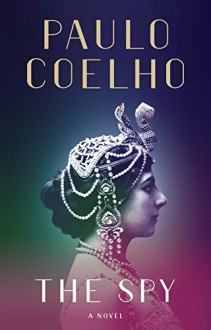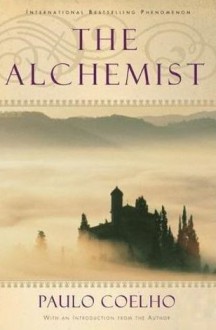
I’m prepared to accept that this book by Paulo Coelho was intended perhaps as a parable, deep and insightful, from which the reader could glean an important lesson for life. Unfortunately, for me, its depth was rather undermined by a torpid, meandering tale, which fostered little empathy with the main character and minimal interest in whether her stale marriage would survive a bout of premeditated adultery.
Linda is a journalist and lives in Geneva. She is married to a wealthy husband and together they have an only son, enjoying a clearly privileged life, in one of the safest and most stable countries in the world. And, the author suggests, therein lies the problem. For safe and unchanging, read predictable even boring and a metaphor for Linda’s sense of unhappiness. Throughout the book, Linda’s partner is never named, but referred to as ‘husband’ and like their country regarded by Linda as ‘perfect’, yet uninspiring and anonymous, safe and functional, but lacking in emotion or passion for life. By contrast, her lover-to-be, politician Jacob Konig incites in Linda spontaneity, fear and risk, but also a feeling of being alive, of shaking things up.
For all her rather hollow exploration of what is perceived as impending depression, Linda disregards the implications for her child, or husband, of gambling with their marriage. Rather, the initial guilt erodes and the apparent antidote to her gnawing loneliness and unhappiness is even rationalised as “the present that I deserve after behaving for so many years”. The key character is an intelligent, beautiful woman and yet her response, which she describes as sordid, selfish, even sinister, is apparently beyond her control. Even though she anticipates her illicit affair is destined to be time-limited and is anxious about being discovered, Linda is addicted to the window into herself that Jacob has opened. Yet, her artificial creation of the ideal family and the perfect lover reek of weakness and a tragic, but pathetic attempt to distract from an unsatisfying life.
Fundamentally there is nothing new here. The grass is not always greener, beware what you wish for, treat others as you would wish to be treated, etc. Ironically perhaps, what may be viewed as self-indulgence, may also invite others to shape the immediate future. A test for even the taken for granted, ‘perfect’ husband.


 Log in with Facebook
Log in with Facebook 








